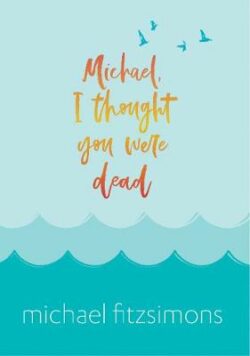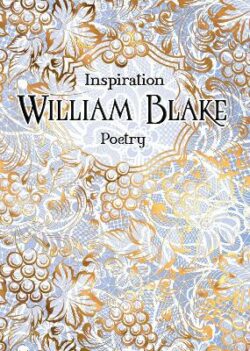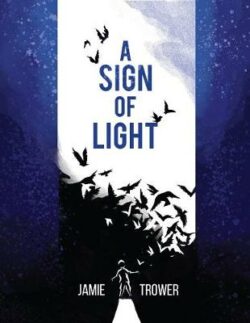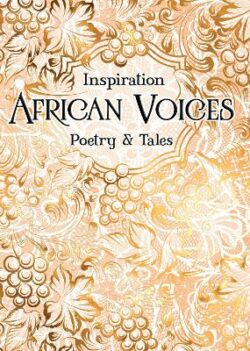Poems in Progress
$99.99
Out of stock
Alert me when product is restocked
Description
Ask two poets what their first drafts look like, and you’ll likely get wildly different answers. From typed pages with delicate annotation to hasty scribbles in a dog-eared notebook, drafts often tell us so much more about poems – and their poets – than the published versions ever could.
Manuscripts range from John Keats’ drafts in his own hand, to poems written on toilet paper by Sylvia Pankhurst while confined in Holloway Prison, to early versions typed by Sylvia Plath on the reverse of Ted Hughes’ own discarded work. Themed chapters allow for fascinating new comparisons between diverse objects – William Blake’s ‘London’ (1794) sits alongside Andrew Salkey’s ‘Jamaica’ (1973) in discussions of place – revealing how each manuscript has shaped our understanding and practice of poetry today.
Experts from the British Library explain the process and provenance behind poems from the UK and Europe, North America, Asia and the Middle East, highlighting the secrets that published poems often conceal. Practicing poets also reveal their own drafts, with new reflections on writing.
Additional information
| Dimensions | 200 × 250 mm |
|---|---|
| Author | Alexandra Ault |
| Author Bio | Alexandra Ault is Lead Curator of Modern Archives and Manuscripts 1601-1850, and Laura Walker is Lead Curator of Modern Archives and Manuscripts 1850-1950 at the British Library. |
| ISBN | 9780712354660 |
| Number of Pages | 288 |




